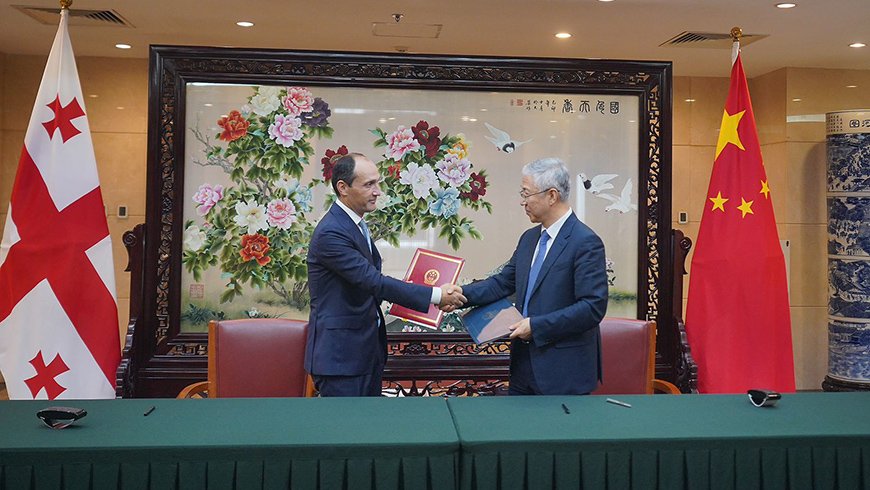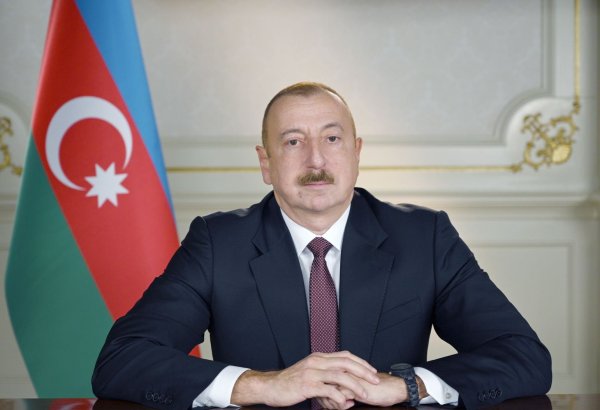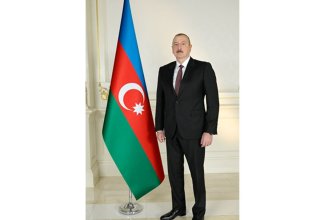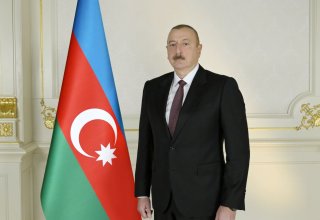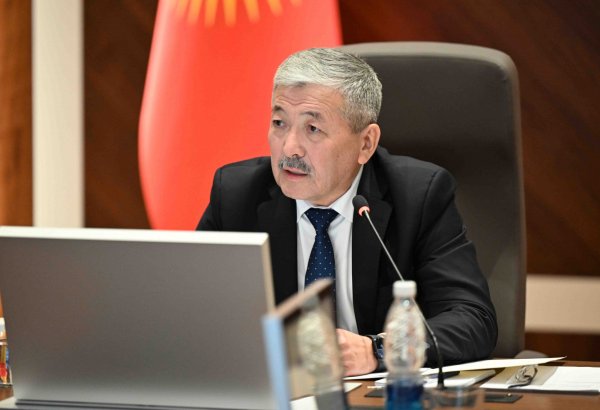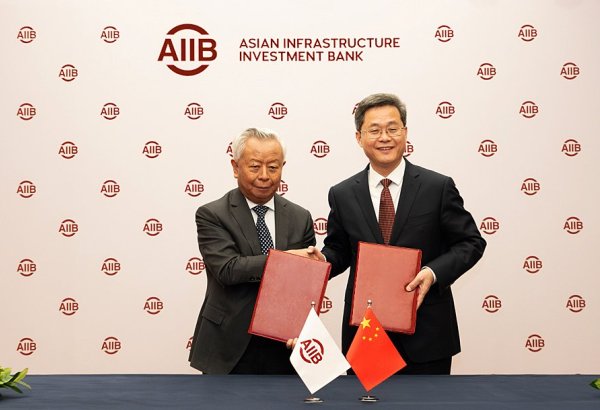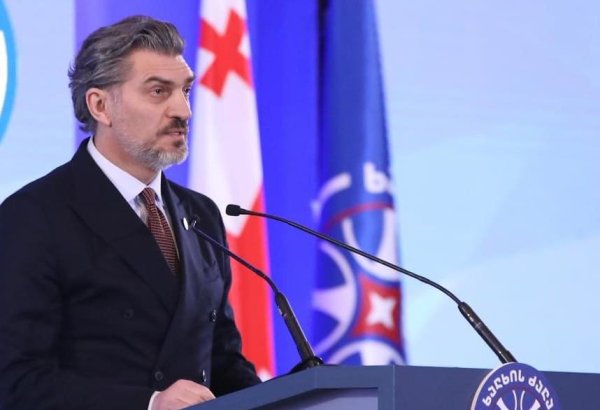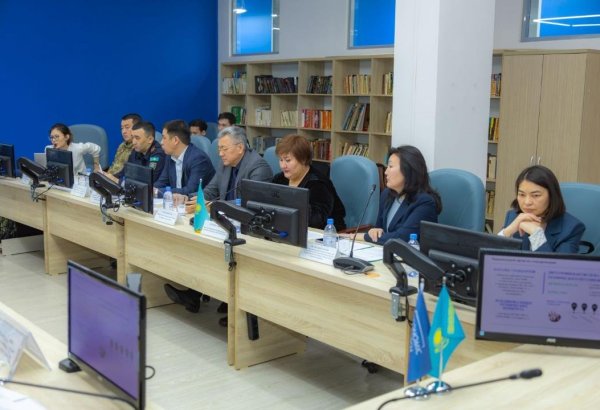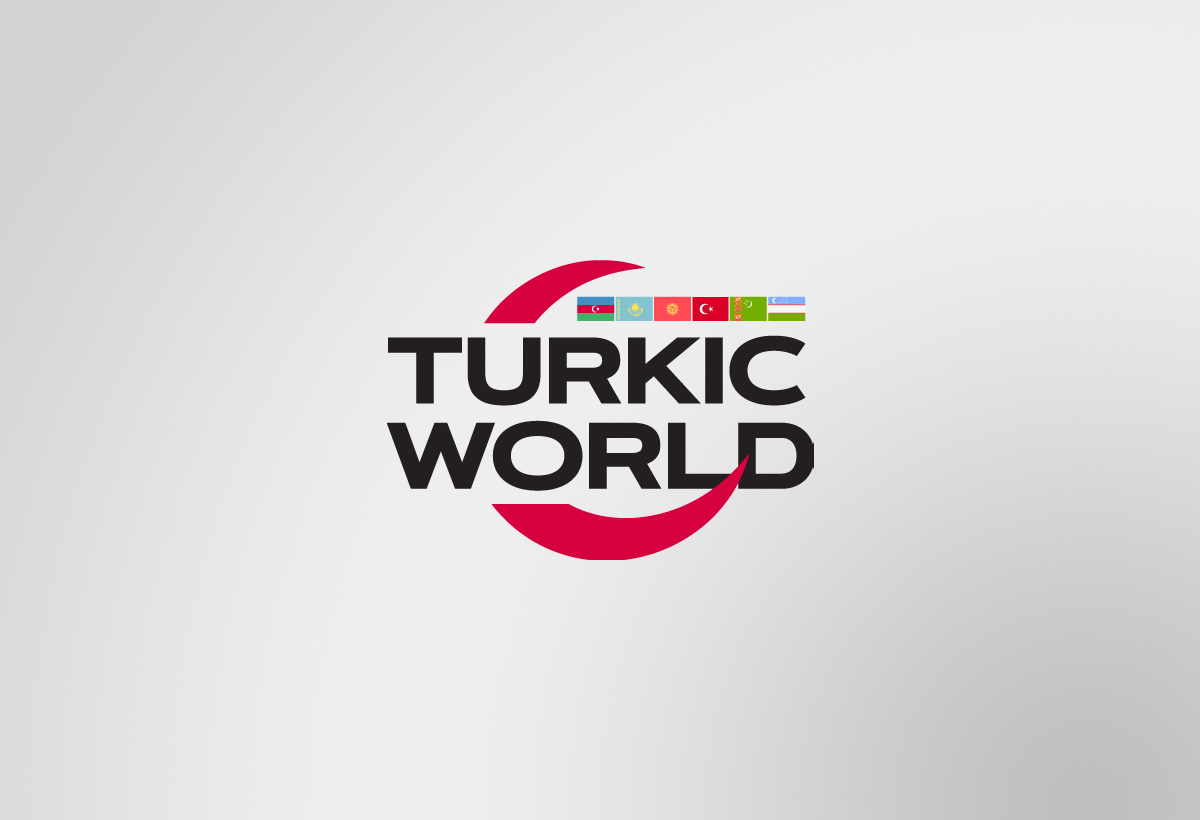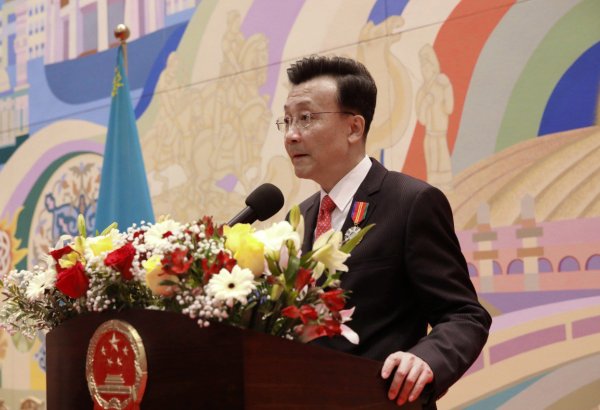BAKU, Azerbaijan, September 13. Georgia and China have signed a memorandum of understanding (MoU) on developing transport corridors for the China-Europe rail express and the Trans-Caspian International Transport Route, also known as the Middle Corridor, TurkicWorld reports.
The document was inked between Georgia’s First Vice Prime Minister and Minister of Economy and Sustainable Development Levan Davitashvili and Deputy Chairman of China’s National Development and Reform Commission Zhao Chenxin.
According to Georgia's Economy Ministry, this agreement will pave the way for stronger trade and economic relations with China, attract new investments into Georgia, and enhance the export of Georgian products to China.
"The signing of this document confirms China’s interest in actively using the Middle Corridor as an alternative route for trade with Europe, thereby increasing Georgia's significance as a regional hub," said Davitashvili.
The MoU outlines plans to deepen cooperation between Georgia and China to ensure the efficient functioning of the Middle Corridor. Both countries will work on attracting additional cargo, optimizing routes, and developing infrastructure. The agreement also emphasizes cooperation in customs, transport security, and digitalization to boost the flow of goods between China and Europe through this strategic route.
Before the signing, Davitashvili and Zhao discussed priority areas of bilateral cooperation, highlighting the strategic partnership between the two countries. Both parties praised the potential impact of the memorandum on improving the competitiveness of the Middle Corridor and attracting greater cargo volumes.
Transport and logistics projects, including the modernization of the Baku-Tbilisi-Kars railway and the Anaklia deep-sea port project, were also discussed. These initiatives are seen as crucial to developing the Middle Corridor, which connects Europe and Asia. The recent surge in cargo traffic along this route, with container shipments increasing sixfold from January to July 2024, was noted as a positive sign of the corridor’s growing importance.
Both Georgia and China reiterated their commitment to enhancing the competitiveness of the Middle Corridor and jointly developing the necessary infrastructure to further solidify its role as a key link in global trade.








